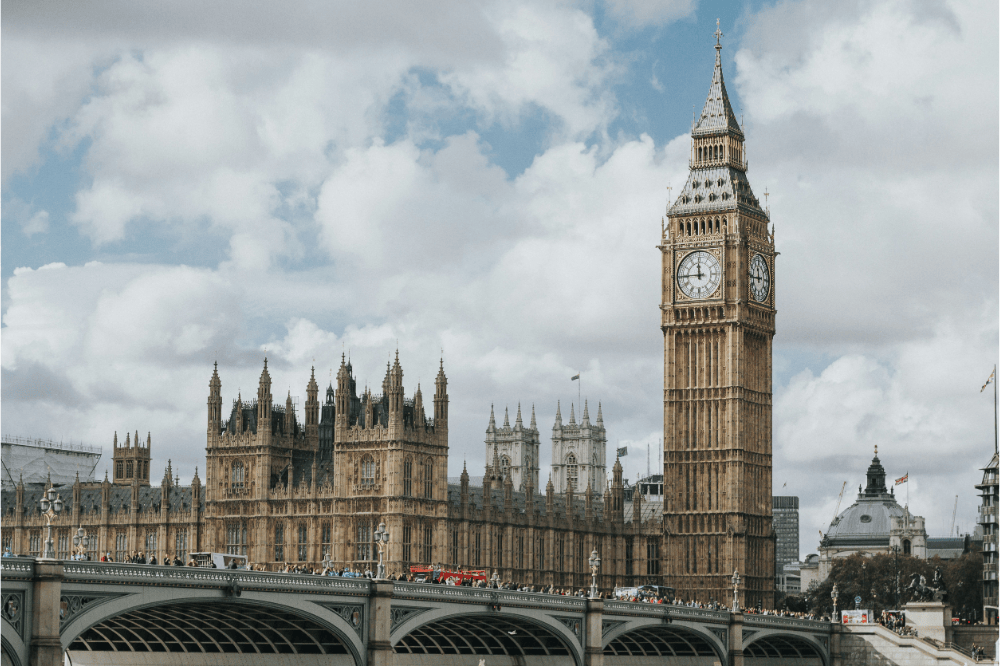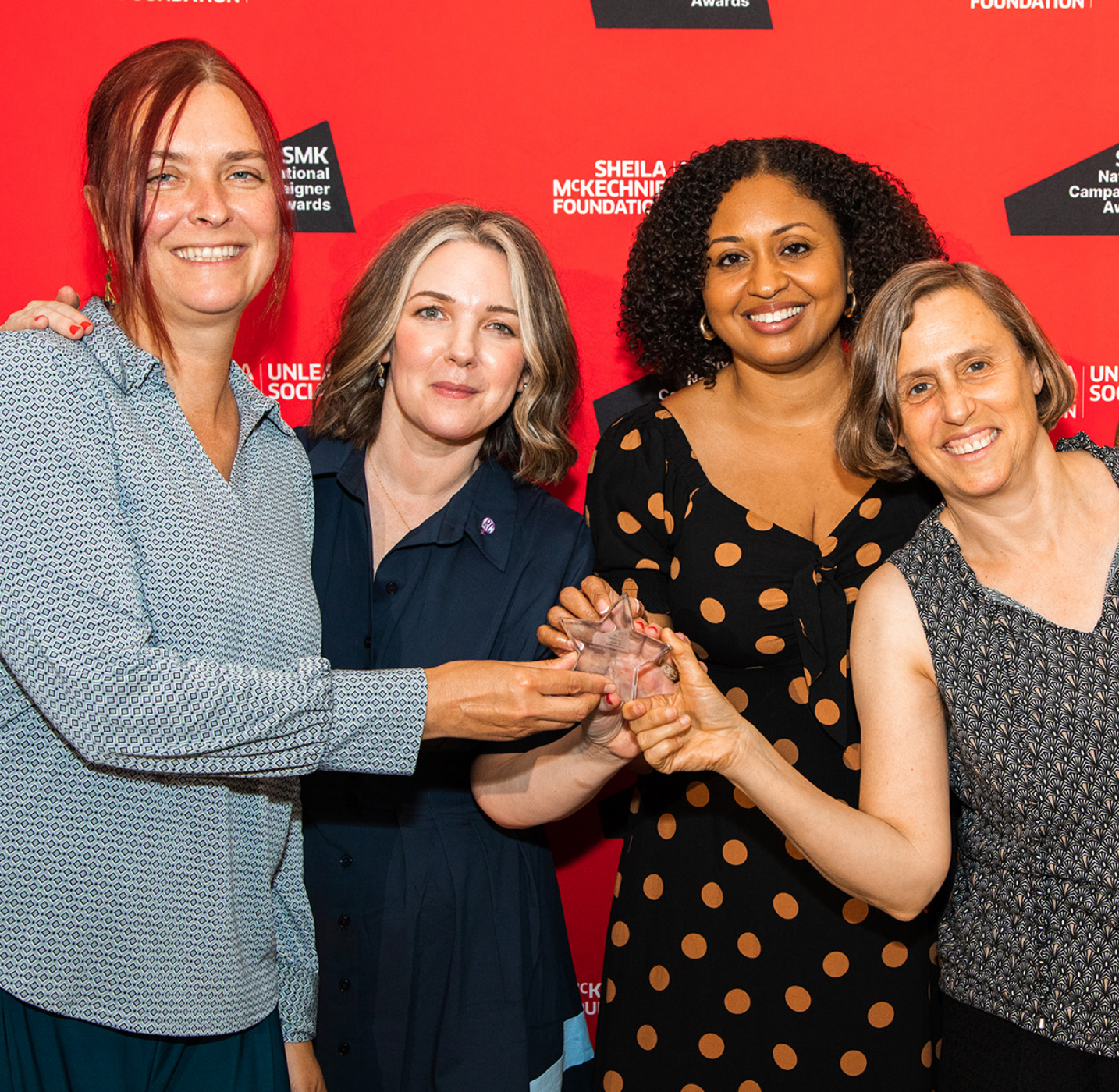 11 Jul
11 Jul
Accessible versions of the Snapshot report 2022-23
Download the Snapshot report here |
Download the Easy Read Snapshot report here |
Download the large print report here |
View the Executive Summary and Recommendations in BSL |
New YouGov data shows the majority of the UK public (54%) think the government should be doing more to help frontline specialist services that support women and children affected by abuse through the cost of living crisis.
The crisis is one of several issues brought to light in the End Violence Against Women Coalition’s latest annual snapshot report, released today (15th February 2023).
This snapshot report highlights the different contexts which contribute to the prevalence of violence against women and girls in the UK each year, as well as the different ways the state has tried to respond though law and policy-making.
Analysing the latest data and trends over the past year, the report finds:
- The cost of living crisis is leaving women facing an impossible choice of staying with a perpetrator or facing destitution
- Government plans to take away our Human Rights Act are a major threat to survivors’ ability to hold the police and other public authorities to account when they are failed by them. In a year which has blown the lid off the scale of police-perpetrated violence against women and girls, and in which survivors continue to be routinely failed by police and the criminal justice system, these plans would have catastrophic impacts on women
- Evidence of the scale of police abusing their power and escaping accountability for violence against women has left the institution in crisis. At the same time, the government is pushing to give police more power through the widely denounced Public Order Bill, and continues its raid on our rights via the so-called Bill of Rights
- In the year that saw the Online Safety Bill enter Parliament, we have also seen tech companies take inadequate action to prevent boys and young men from being radicalised by misogynistic influencers online. There has been a groundswell of public and parliamentary support for the introduction of a VAWG Code of Practice to improve tech companies’ response to this in the Bill
- Amid record levels of recorded sexual offences and domestic abuse, the criminal justice system continues to fail women
- Specialist support services, including those led by and for Black and minoritised women and marginalised survivors of abuse, continue to face chronic underfunding amid rising costs of running their services – making it an increasing struggle to meet demand
In a year that saw violence against women and girls remain firmly on the national and political agenda, we continued to see government solutions that often missed the mark and failed to get to the root of the problem: the gender inequality that shapes men’s attitudes and behaviours.
Instead, we need a holistic, comprehensive approach that understands VAWG as a women’s rights issue and has prevention at its heart – so women and girls don’t become victims in the first place and future generations can live their lives free from the threat of male violence.
The government’s ‘Enough!’ campaign, which raised awareness of sexual harassment and encouraged safe bystander intervention, was a positive step in the right direction towards ending and preventing VAWG.
However this step forward was undermined by multiple steps backwards:
- Continued lack of resourcing for quality relationships and sex education and a whole school approach to tackling violence against women and girls
- Watering down of the Online Safety Bill via removal of measures to tackle ‘legal but harmful’ content such as online misogyny
- Ongoing underfunding of specialist support services for women and girls, particularly those led by and for Black and minoritised women and Deaf and disabled women, who are best placed to respond to women’s needs
- A persistent anti-human rights agenda, which saw the Police, Crime, Sentencing and Courts Act and Nationality and Borders Act pass, along with a new Public Order Bill which would threaten our right to protest and hold those in power to account, and a so-called Bill of Rights, which would take away our Human Rights Act – often the only tool to hold the police and other authorities to account for failing victims and survivors
- Continued tunnel-vision focus on the criminal justice system, viewing new criminal offences as the best solution even whilst trust in police is at all time low and we need a public health response to VAWG
- Failure to adequately deliver on the commitments of the 2021 Rape Review and to transform the entire criminal justice system – including the culture of policing – so that victims are treated fairly and equally and can access justice
Andrea Simon, Director of the End Violence Against Women Coalition (EVAW), said:
“Men’s violence against women doesn’t happen in a vacuum. With any major crisis affecting society, we will see an inevitable secondary crisis for women and girls experiencing abuse. Just as the Covid-19 pandemic created a conducive context for domestic abusers to operate, the cost of living crisis has also disproportionately impacted women who have had to make unthinkable decisions about staying in dangerous situations, for fear of being unable to survive otherwise.
With violence against women and girls at record levels, the government’s current approach is not working. This year we’ve seen misogyny within our criminal justice system laid bare – from the shocking scale of police perpetrated abuse, to the findings of Operation Soteria and countless other reports and investigations into public bodies that are failing to identify patterns of abuse and intercept perpetrators.
The cost of living crisis has highlighted how women’s economic inequality, and other forms of discrimination such as racism and ableism, heighten women’s experiences and vulnerability to male violence. In addition, the crisis has exposed and exacerbated the chronic underfunding of vital frontline support services – impacting the lives of survivors and their routes to a life free from abuse.
Now is the time for action in the form of the government committing to adequately fund specialist support services to meet the increasing demands for their help, and by treating VAWG as the public health issue it is by putting preventing violence and abuse at the heart of the government’s response.
Women and girls’ rights and freedoms are curtailed by male violence in all areas of life – from schools to online. We have to focus on what is enabling misogynistic abuse to thrive within society and in institutions, and resist knee jerk, short term solutions over the hard cultural transformation that needs to happen. Instead of stripping back our rights, the government should be ensuring that victims and survivors are supported, and the state is held to account for the continued failure to protect women and girls from an epidemic of male violence.”
Click here to download the report
ENDS
Media contact
Sinead Geoghegan, Communications Manager, media@evaw.org.uk 07960 744 502
Notes to editors
All figures, unless otherwise stated, are from YouGov Plc. Total sample size was 1,719 adults. Fieldwork was undertaken between 10th – 11th November 2022. The survey was carried out online. The figures have been weighted and are representative of all UK adults (aged 18+).
British Sign Language
Recommended ARTICLES
 11 Jul
11 Jul
 09 Jul
09 Jul
 20 Jun
20 Jun

